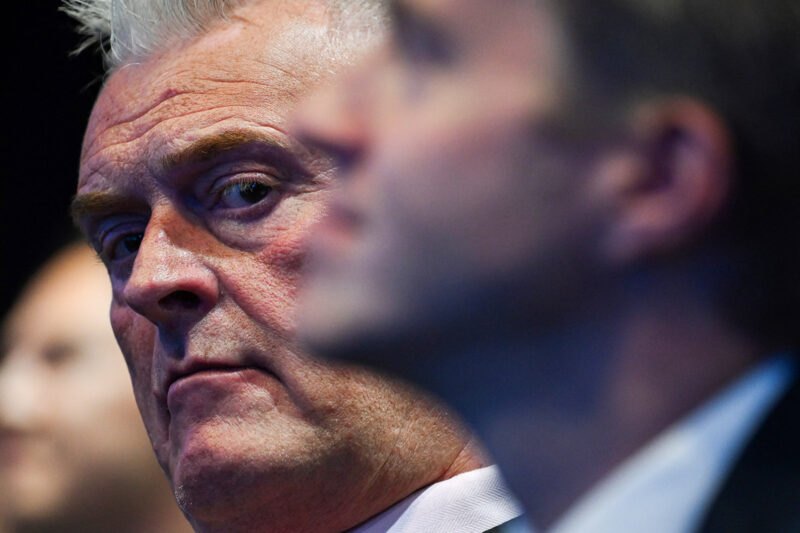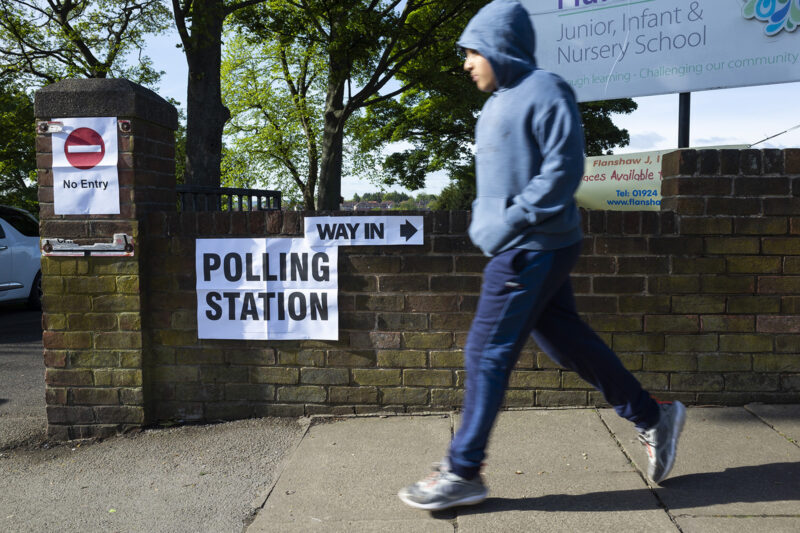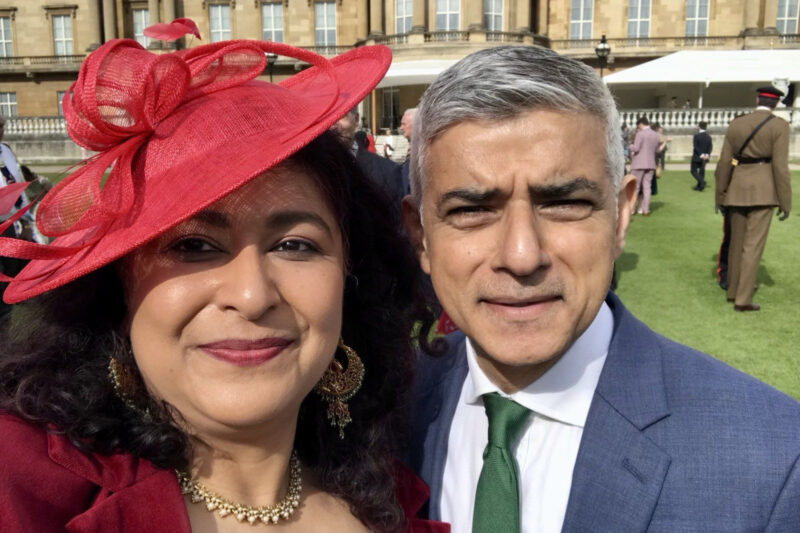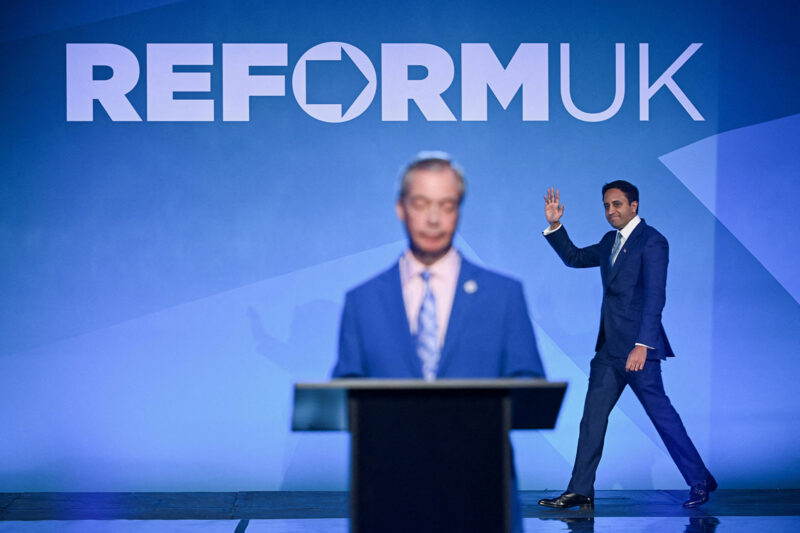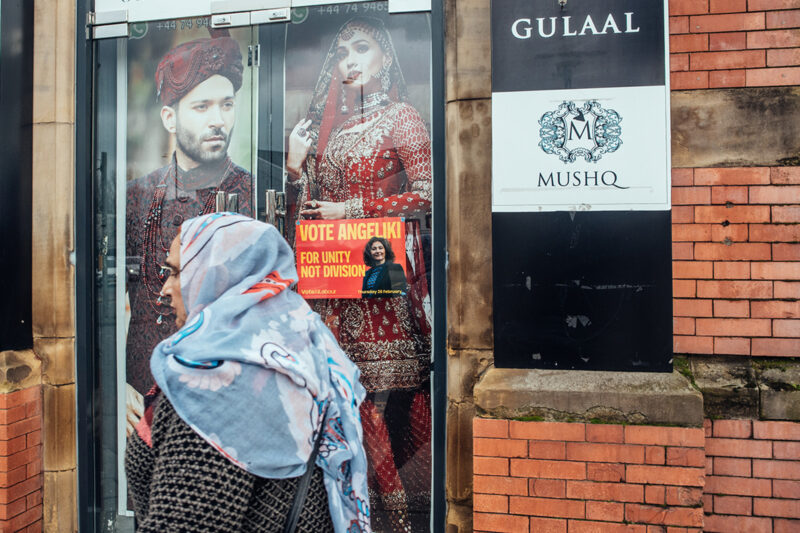‘I can count the Muslim members on my hands’ — Muslim Tories on the state of the party
We asked a peer, a Senedd member and a councillor who should replace Rishi Sunak and whether the Conservatives could beat Islamophobia
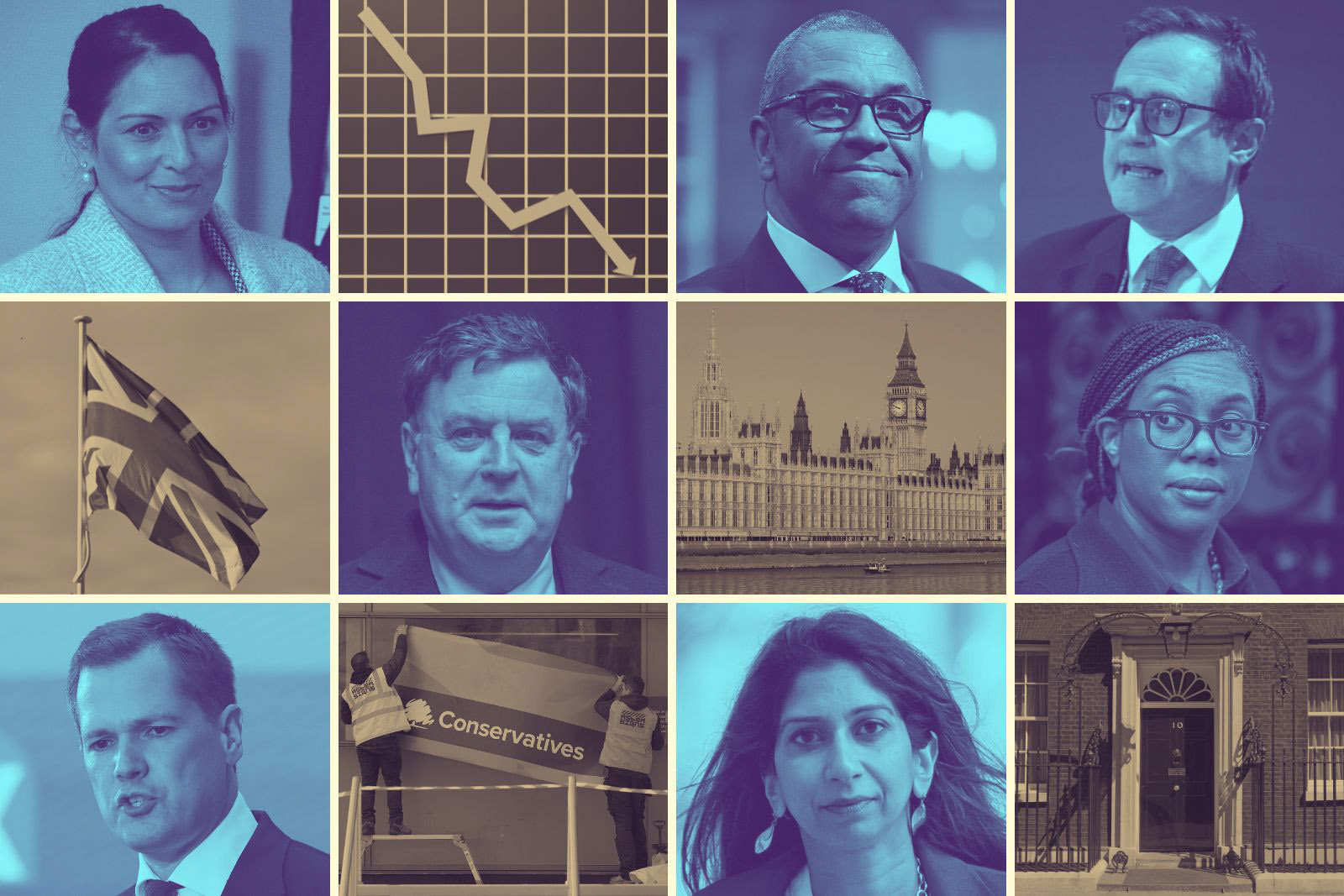
The Conservative party has a battle on its hands to win back British Muslims.
The Tories have been mired in allegations of Islamophobia for years, including in a 2023 report commissioned by the party itself. A poll of members earlier this year found more than half viewed Islam as a threat to the British way of life. Polling for Hyphen in May and June suggested just 12% of British Muslims were planning to vote Tory, barely half the figure of 24% of the general population who ultimately cast ballots for the Conservatives in July.
Conservative members and supporters are hoping the selection of a new leader in November will revive the party’s fortunes following its worst election defeat in history — but the scale of the challenge has left the party’s remaining Muslim politicians anxious. Hyphen approached nearly a dozen MPs, peers and councillors for this article; just three agreed to speak on the record.
In Leicester, where the Conservatives managed to gain 17 seats on the council in 2023, councillor Abdul Osman has seen several local Muslim party members resign over the conflict in Gaza. Osman is disappointed in the failure of the Conservative government and the current leadership contenders to take on the issue. “I think the biggest issue is going to be whether they [the Conservative party] put a strong message out against the genocide in Gaza,” he said.
He also feels that his party has not taken Islamophobia seriously, despite a series of reports highlighting the problem both within the Conservatives and in society at large. As a result, Muslim communities have lost confidence in them. “If you look at Leicester in relation to the numbers of [Muslim] Conservative members, I can count them on my hands,” he said. That is despite nearly a quarter of people in Leicester describing themselves as Muslim.
Osman has yet to make up his mind on who to vote for, but is pessimistic about the prospects for building back support. “There’s no room for manoeuvre to try and attract Muslims into the party,” he said.
Tariq Ahmad, a former government minister in the Foreign, Commonwealth and Development Office who now sits in the House of Lords, either knows or has worked with all six of the candidates for leadership, and wouldn’t be drawn on who he is backing. But he said he was “disappointed” with Robert Jenrick’s comments about arresting protesters who shout the words “Allahu Akbar”, saying it showed “a lack of understanding” that he felt needed to be called out.
“I think what’s needed right now is someone who has the experience, the insight and the vision to unite the party after what’s been a pretty devastating election,” he said.
Lord Ahmad believes that David Cameron’s “compassionate conservatism” held a greater appeal to all communities, including Muslims, but that the party has “lost our way” in recent years. “To suddenly see recent events as we’ve seen them, with migrant communities being targeted, particularly in Muslim communities — you know, that doesn’t happen overnight,” he said. Lord Ahmad criticised the “divisive language” that has fuelled tensions.
Cameron’s premiership had its own share of divisive language. The Home Office, for instance, rolled out the now infamous hostile environment scheme in 2012 and commissioned anti-immigration vans to drive around London bearing the message “go home”, something home secretary Theresa May later admitted had been a mistake.
When Lord Ahmad joined the Conservative party 30 years ago, he recalls, there were few South Asian members, let alone parliamentarians, and the UK has now had its first prime minister of South Asian heritage.
“I think the party in itself, in terms of meritocracy, demonstrably showed that things have evolved and changed,” he said. “We were the party that championed freedom of religion or belief.”
But he warned: “We need to ensure that those things we champion globally, we also safeguard and strengthen domestically as well.”
Natasha Asghar, one of 16 remaining Welsh Conservative members of the Senedd, told Hyphen: “I think we need to recover from the election. It was brutal to say the least. We’ve got completely wiped out here in Wales, and we lost a lot of really good MPs from across the country.” The Welsh Conservatives lost all 13 of their Westminster seats in July’s general election.
Asghar believes the “antics” of “certain backbenchers” created distrust among the public, which is why she wants a unifying figure to lead the party and, as yet, remains uncommitted to a particular candidate.
“It’s really important that the next person who leads us is someone who’s going to revive the party as a whole,” she said. It is also important to reconnect with the grassroots, according to Asghar, who represents the constituency of South Wales East. “They’re there, thick and thin, with us, regardless of what the results may be. And they’re the ones who ultimately are who I consider the bread and butter of the party,” Asghar said.
Asghar is also disturbed by the “hatred” towards immigrants seeping into the public discourse and fuelling racism. “Being the only female ethnic minority member of the Welsh parliament, I’ve had my fair share of people wanting to kill me,” she said. “We believe in diversity, we believe in equality, and it’s really paramount that we take that forward in our politics as well.”
While Asghar herself said she had not personally experienced racism or Islamophobia within the Conservative party, she acknowledged that others had — such as Sayeeda Warsi — and said the next leader needed to act “swiftly, sharply and sternly” to end it. “Once people know that there are repercussions for their actions, it will get obliterated,” she predicted.
 Newsletter
Newsletter





